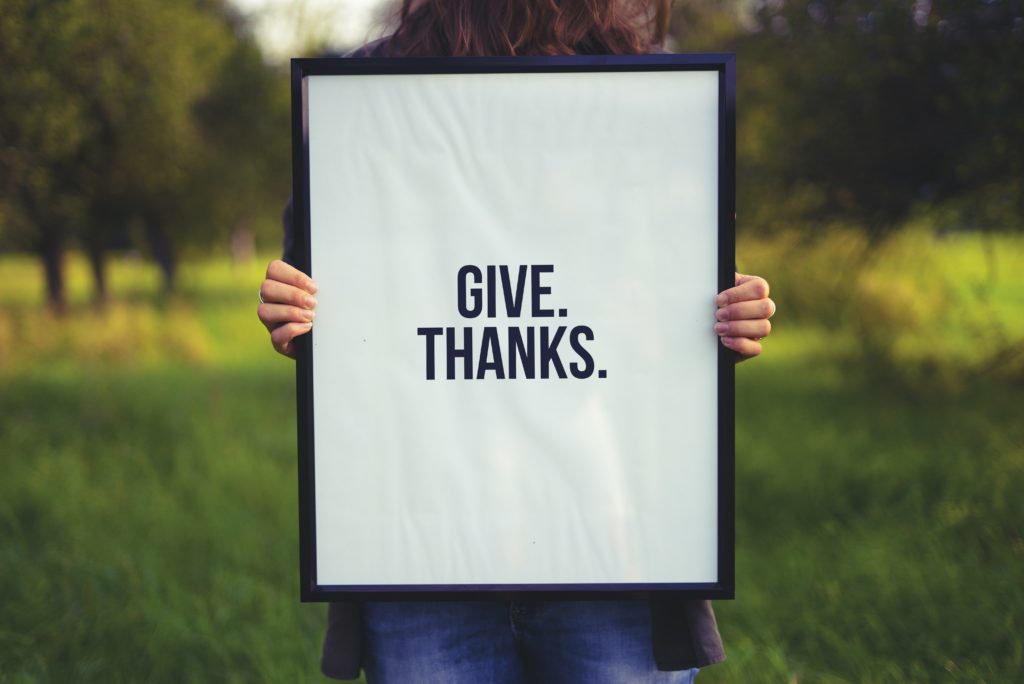Occasionally we may run into people who are ungrateful—they neither acknowledge something “gifted” to them, nor feel any need to return a good gesture nor pay it forward. Now typically when we do something kind for someone else, without any expectation of something in return, this shouldn’t matter. But then why does thanklessness bother some of us so much?
We have often come to expect that at least some level of reciprocity is a part of building good relationships. When we do something kind for a friend—while we don’t necessarily expect repayment—we do hope that at some point that they will think of us as well, especially if really needed. Good deeds, when part of relationship and community building, are arguably bi-directional. And although a tit-for-tat approach is a little too much scorekeeping, failing to acknowledge with a heartfelt “thank you” someone’s caring gesture or reciprocate down the road can send the message—I’m not interested in you. If one person always finds themselves in the role of the giver and the other in the role of the taker— especially when there is ingratitude– someone may feel taken advantage of.
While we may believe a lack of gratitude can be explained away due to a busy schedule or oversight—while it might possible—it may also be that we are dealing with someone who feels entitled, jealous, always dissatisfied and/or unapologetic. Despite our best heart and perhaps an inclination to do-gooding, relationships are built and so can our resilience when we set boundaries on our own giving nature if we recognize that we are often working hard to please or satisfy ungrateful others. When we are mindful how ungratefulness is affecting our relationships, we can take steps to communicate our feelings or needs when appropriate.

Share this post